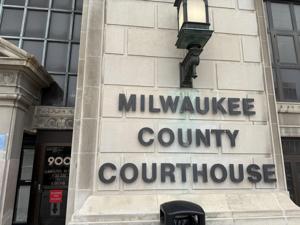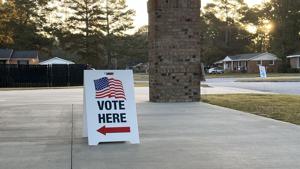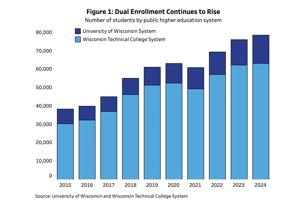(The Center Square) – Democratic Party of Wisconsin chair Devin Remiker said he wants current Gov. Tony Evers to run for reelection in 2026.
Remiker, appearing as a guest on WISN 12’s UpFront on Sunday, praised the governor’s current electoral record but said he has no actual insight into whether Evers will decide to run for a third term or not.
“I pray that he decides to seek reelection, but either way, I know the Democratic Party of Wisconsin will be in a great position to ensure he’s either reelected or reelect a Democrat in 2026,” Remiker said.
“Gov. Evers has been a fantastic partner to the Democratic Party of Wisconsin,” Remiker said. “He’s even put on pause his own election efforts to help fundraise for some of our state legislative work on cycles when he hasn’t been on the ballot, and he’s a tremendous fundraiser.”
Remiker was elected state party chair in a three-way race in June after receiving the endorsement of former chair Ben Wikler.
While Evers has not made any formal announcement about whether or not he will run in 2026, a Marquette University Law School Poll published June 25 said most Wisconsin voters would not want him to seek reelection.
Overall, 42% of voters responding to the poll said they want Evers to seek a third term as governor in 2026, while 55% do not want him to run again.
Also, 83% of Democrats said they would support a third-term bid by Evers, while 93% of Republicans and 50% of Independents said they would oppose it.
No state Democrats, however, have officially launched a campaign for governor, with Ever’s decision still pending.
















